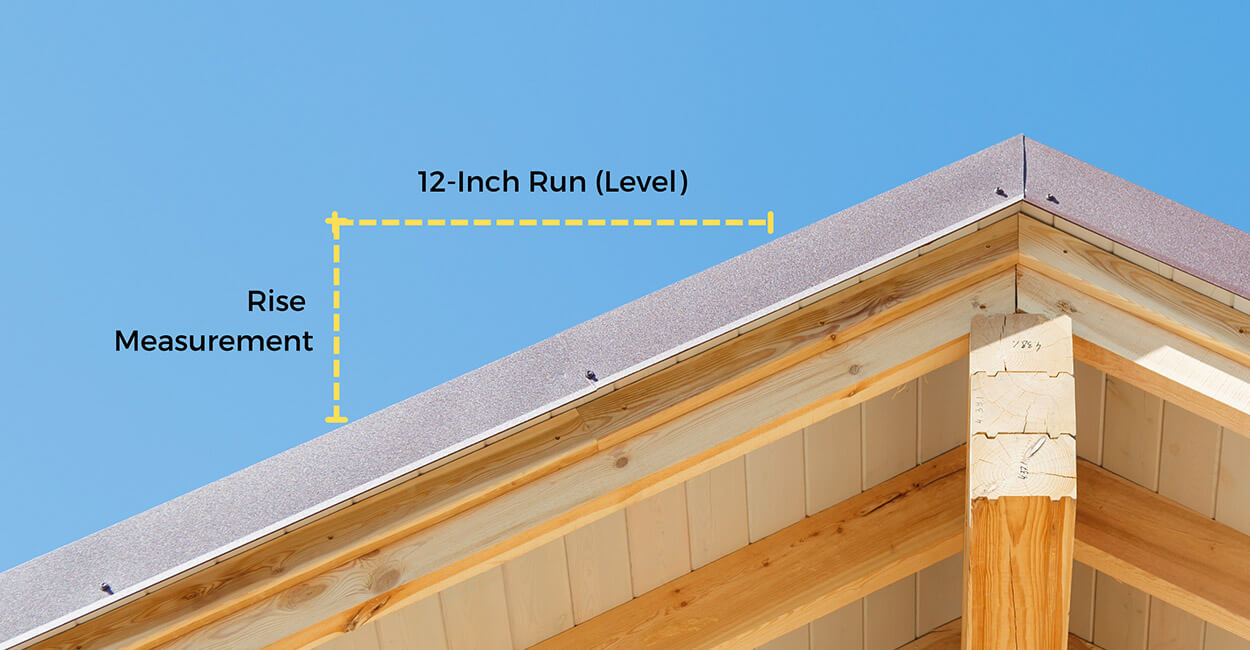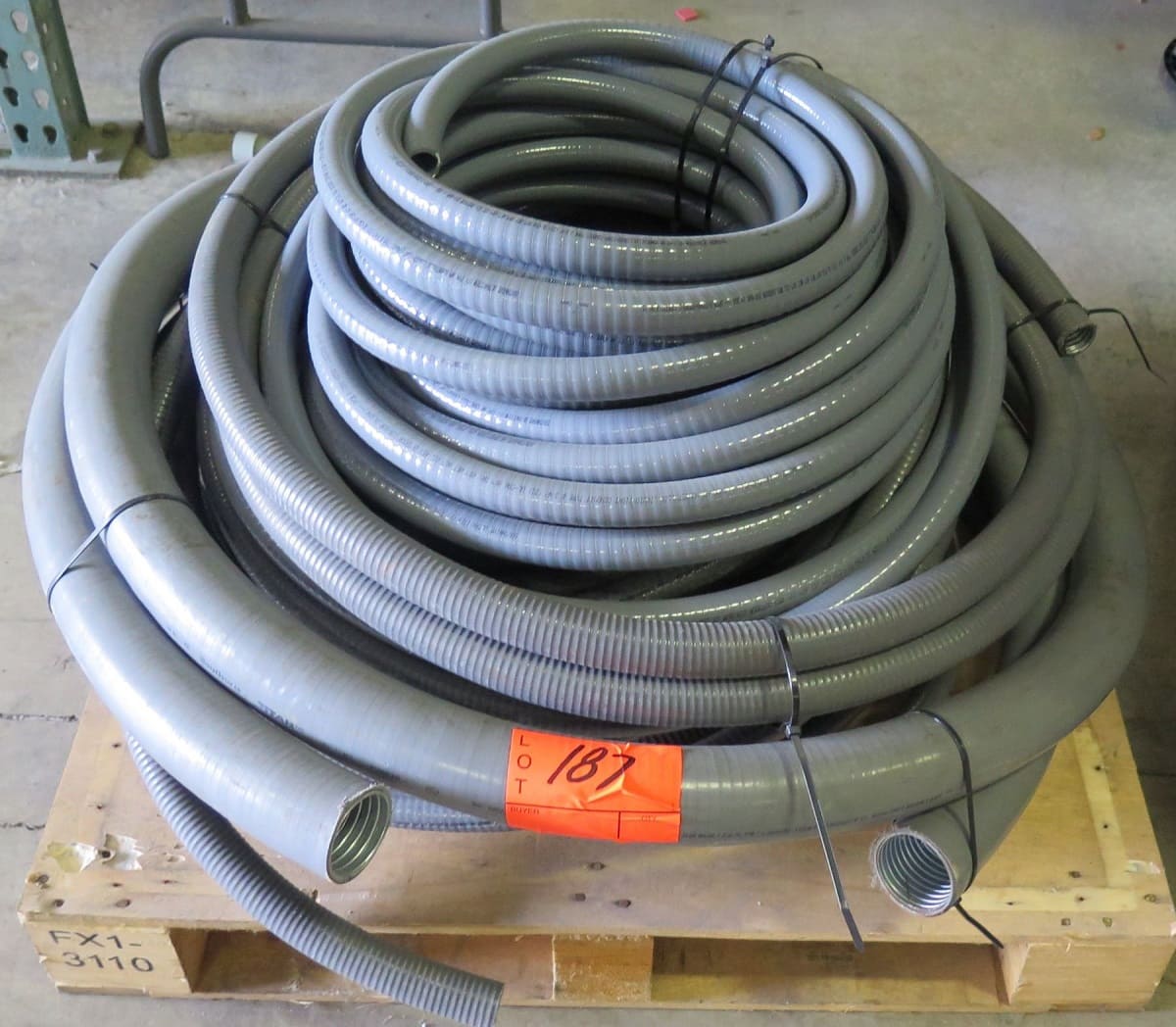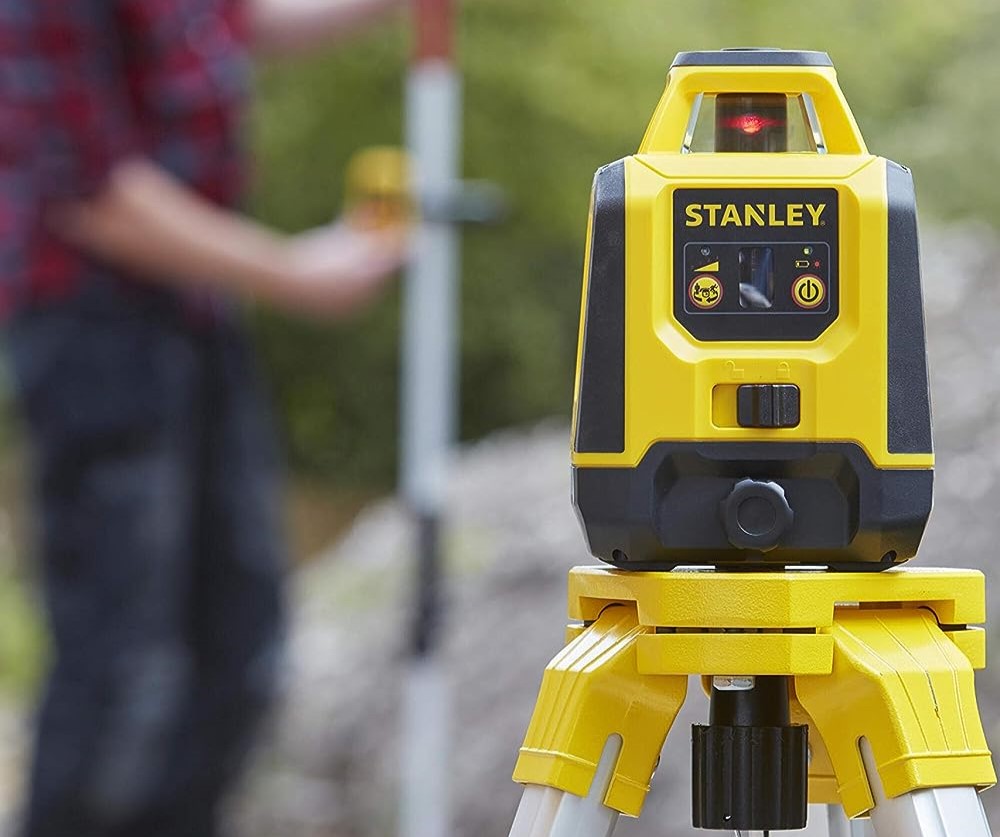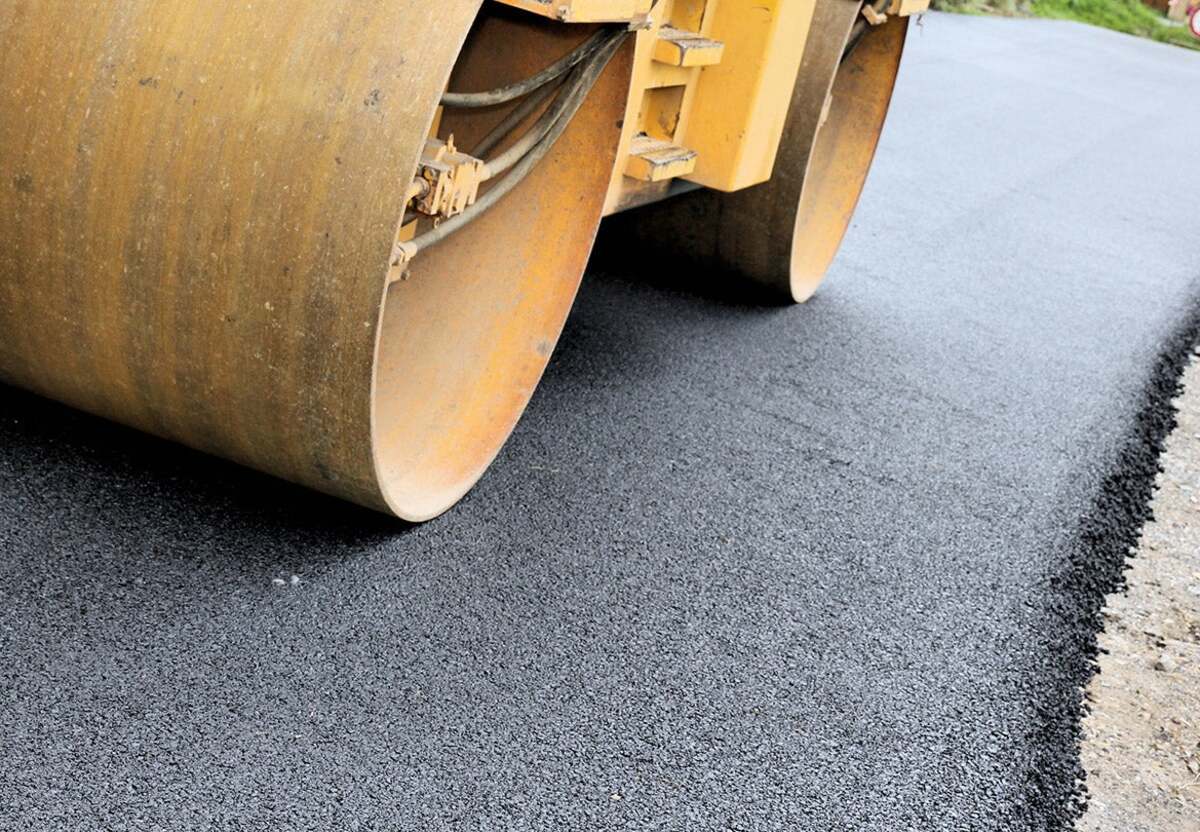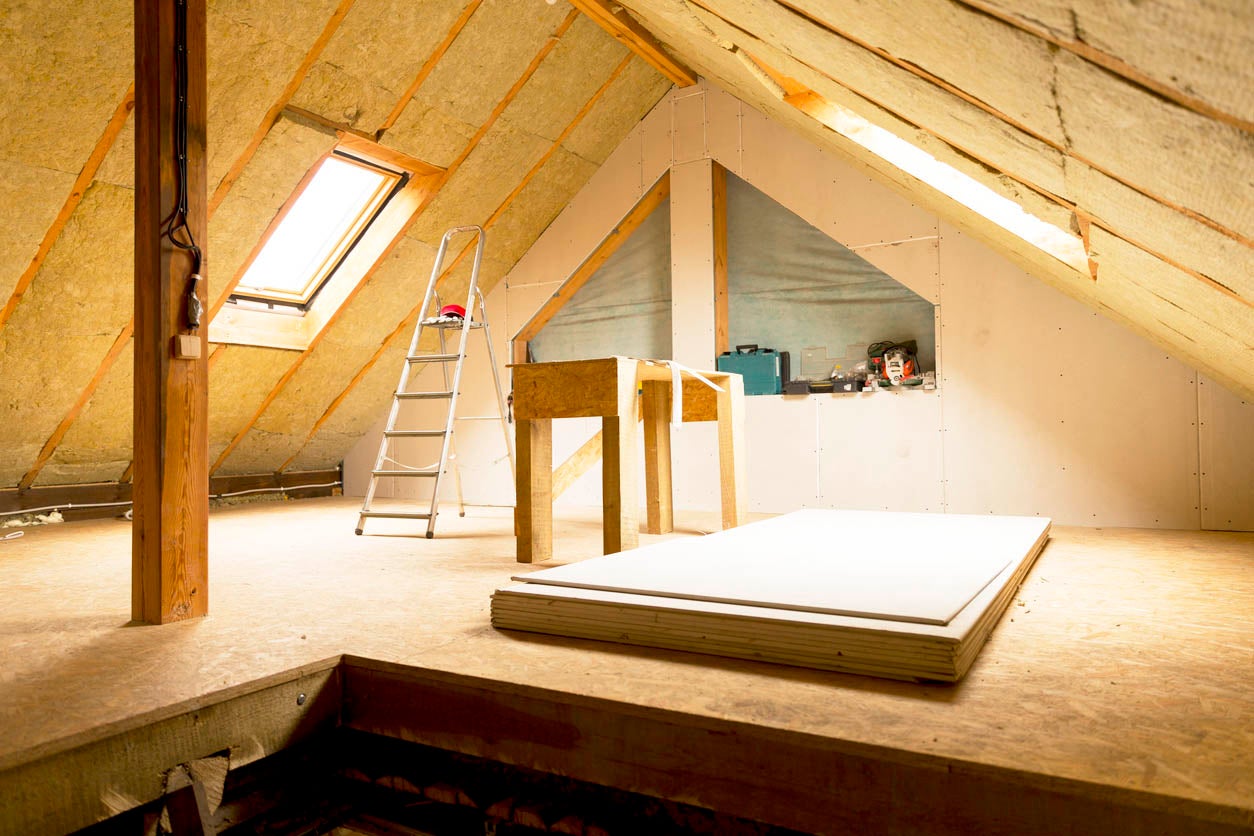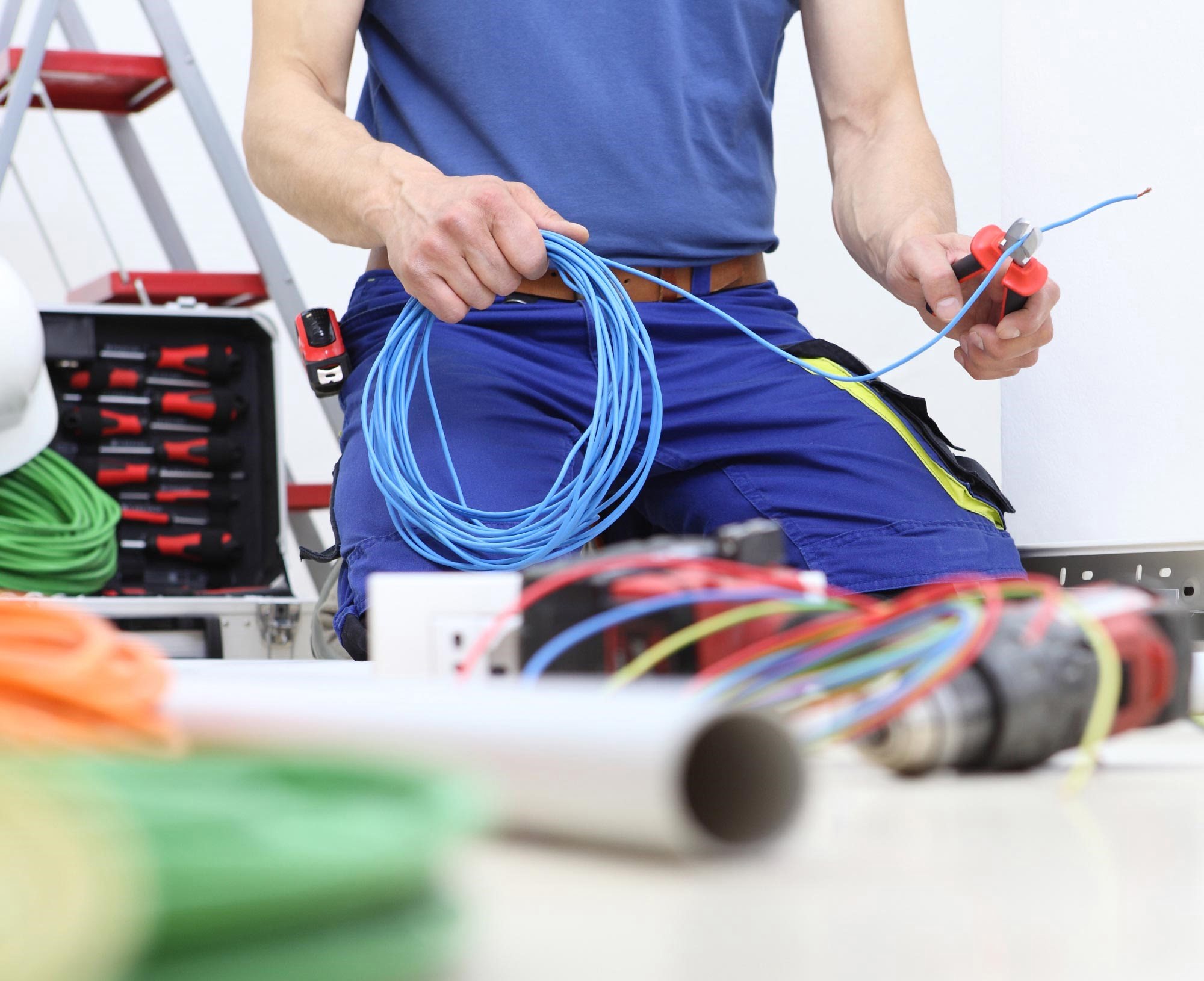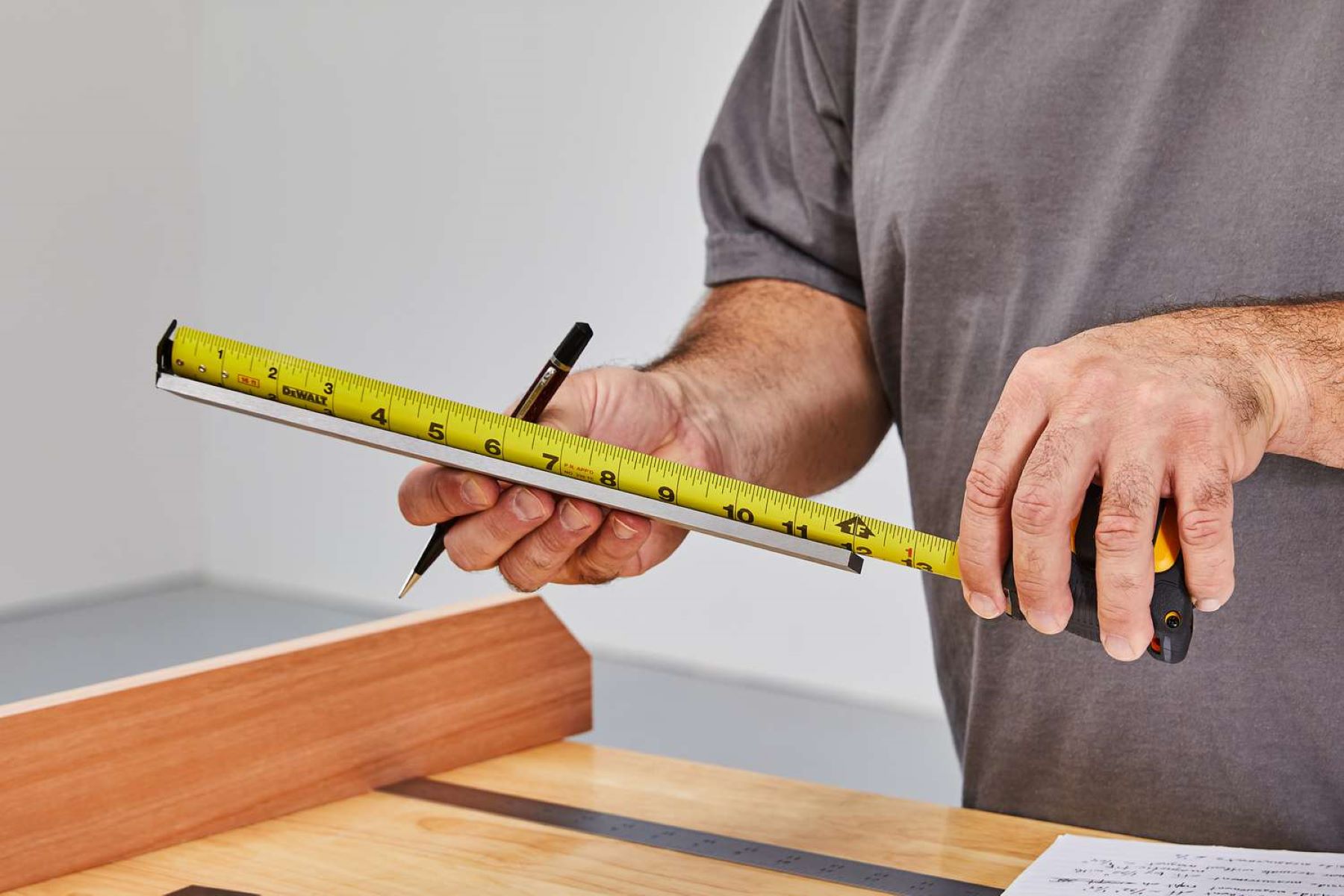Home>Home Maintenance>Bankruptcy: How To Determine The Cost Of Home Maintenance To Declare
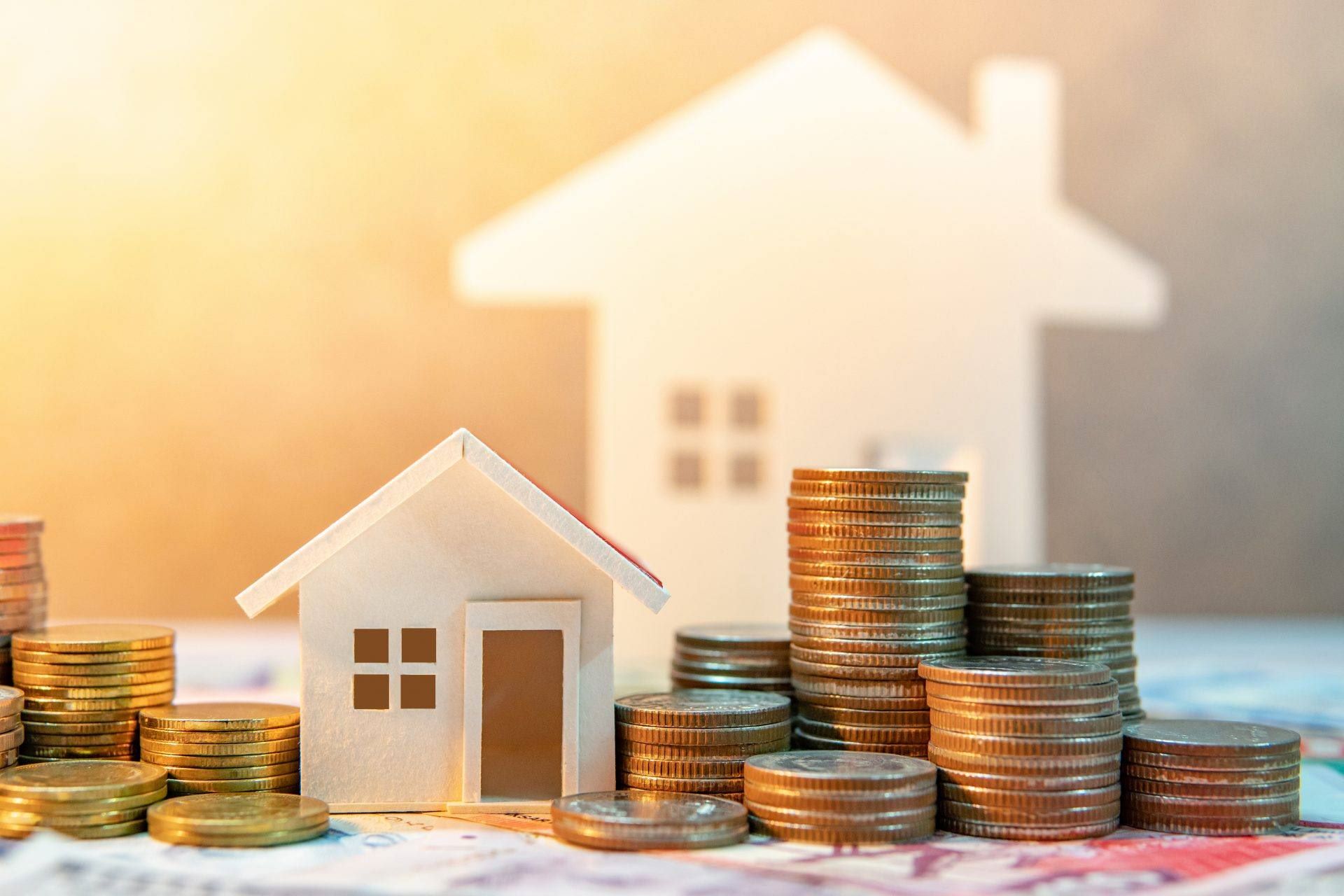

Home Maintenance
Bankruptcy: How To Determine The Cost Of Home Maintenance To Declare
Modified: October 21, 2024
Learn how to calculate the expenses of home maintenance to assess if bankruptcy is the right option for you. Discover the true cost of maintaining your residence.
(Many of the links in this article redirect to a specific reviewed product. Your purchase of these products through affiliate links helps to generate commission for Storables.com, at no extra cost. Learn more)
Introduction
Welcome to the world of home maintenance, where a well-maintained home is not only a source of pride but also a long-term investment. However, homeowners know that with great ownership comes great responsibility – the responsibility of keeping up with regular maintenance and repairs.
Home maintenance costs can vary widely depending on the size, age, and condition of the property. From routine maintenance tasks like gutter cleaning and landscaping to major repairs like roof replacement and plumbing issues, it’s essential to have a clear understanding of the cost of maintaining your home.
In this article, we will explore the factors involved in determining the cost of home maintenance, how to assess the current condition of your property, and the impact these costs can have on bankruptcy proceedings. So, strap on your toolbelt, grab your favorite mug of coffee, and let’s dive into the world of home maintenance costs.
Key Takeaways:
- Home maintenance costs depend on factors like property size, age, and location. Understanding these costs is crucial for budgeting and avoiding unexpected expenses.
- When facing bankruptcy, home maintenance expenses are considered in Chapter 7 and Chapter 13 cases. Proper documentation and reasonable costs are essential for approval.
Read more: How Much Does Pressure Washing Siding Cost
Factors to Consider When Determining the Cost of Home Maintenance
When it comes to estimating the cost of home maintenance, several key factors come into play. By considering these factors, you can develop a clearer understanding of the expenses you may incur to keep your home in good shape. Let’s explore these factors below:
- Size and Type of Property: The size and type of your property can significantly impact the cost of maintenance. Larger homes typically require more time and resources to maintain, while properties with unique architectural features may require specialized expertise.
- Age and Condition of the Property: Older properties often require more maintenance and repairs compared to newly constructed homes. The overall condition, including the foundation, electrical system, plumbing, and HVAC, should be thoroughly assessed to determine potential costs.
- Geographic Location: The location of your property plays a role in home maintenance expenses. Factors such as climate, environmental conditions, and accessibility to skilled labor can vary from region to region, influencing the overall cost of maintenance.
- Current Maintenance History: Consider the current state of your property’s maintenance. Has it been well-maintained over the years, or is there a backlog of deferred maintenance? Addressing any existing issues can prevent further damage and expense down the road.
- Property Features and Amenities: Homes with additional features like swimming pools, extensive landscaping, or specialized appliances may require specific upkeep and can add to your overall maintenance costs.
- Frequency and Scope of Maintenance: Regular maintenance tasks, including cleaning gutters, inspecting the roof, and servicing HVAC systems, should be performed on a scheduled basis. The frequency of these tasks and the extent of the maintenance required can impact your budget.
By considering these factors, you can obtain a realistic estimate of the costs associated with maintaining your home. However, it’s important to note that these are general guidelines, and the expenses may vary depending on individual circumstances. Now that we’ve established the key factors let’s move on to assessing the current condition of your property.
Assessing the Current Condition of the Property
Before determining the cost of home maintenance, it’s vital to assess the current condition of your property. This evaluation will help identify any existing issues or potential areas that may require repairs or maintenance in the near future. Here are some steps to follow when assessing the condition of your property:
- Visual Inspection: Start by conducting a thorough visual inspection of both the interior and exterior of your home. Look for any signs of damage, such as cracks in the walls or foundation, water stains, or leaks. Pay attention to the condition of the roof, siding, windows, and doors.
- Testing Systems and Appliances: Test all the major systems in your home, including electrical, plumbing, and HVAC. Check if all appliances are functioning properly and inspect their condition. This will help identify any potential issues that may require repairs or replacement.
- Hire a Professional Inspector: Consider hiring a professional home inspector to conduct a more in-depth assessment. They will thoroughly examine the property, providing a detailed report on the condition of various components, such as the foundation, electrical system, plumbing, roof, and more. Their expertise can help uncover hidden problems that may not be immediately visible.
- Consider Environmental Factors: Take into account any environmental factors that may impact your home’s condition. For example, if you live in an area prone to earthquakes, you may need to invest in earthquake-resistant measures or regular inspections to ensure the structural integrity of your property.
- Keep Records: Maintain a record of previous maintenance and repairs performed on the property. This will give you an idea of any previous issues and the associated costs. It will also help you track the lifespan of various components and anticipate future maintenance needs.
By thoroughly assessing the current condition of your property, you can identify any necessary repairs or maintenance tasks and estimate the associated costs. It’s crucial to address these issues promptly to prevent further damage and more significant expenses in the future. Next, let’s delve into evaluating the age and lifespan of key components.
Evaluating the Age and Lifespan of Key Components
Understanding the age and lifespan of key components in your home is essential when determining the cost of maintenance. Different elements of a home have varying lifespans, and knowing when they may need attention or replacement can help you plan and budget accordingly. Here’s how you can evaluate the age and lifespan of key components:
- Refer to Documentation: Start by examining any available documentation, such as blueprints or property records, which may provide valuable information about the age of your home and its components. This can give you a general idea of when certain systems and materials were installed.
- Consult Experts: Seek advice from professionals in their respective fields. For example, electricians and plumbers can assess the condition of electrical systems and piping, while HVAC technicians can evaluate the age and efficiency of heating and cooling units. They can provide insights into the potential lifespan of these components and recommend maintenance or replacement timelines.
- Research Manufacturer Recommendations: Manufacturers typically provide estimated lifespans for their products. Check the documentation that came with appliances, roofing materials, HVAC systems, and other major components to get an idea of how long they are expected to last.
- Consider Previous Replacements: If certain components have already been replaced during your tenure in the home, take note of when those replacements occurred. For example, if you had to install a new water heater five years ago, you can estimate that it has a remaining lifespan of around ten to fifteen years, depending on the model and usage.
- Regular Inspections and Maintenance: Schedule regular inspections and maintenance for key components in your home. Professionals can assess their condition, identify any signs of deterioration or aging, and provide recommendations for repairs or replacements.
By evaluating the age and lifespan of key components in your home, you can anticipate when they may require maintenance or replacement. This proactive approach allows you to plan for the associated costs and avoid unexpected expenses down the line. Now, let’s move on to researching maintenance and repair costs.
Researching Maintenance and Repair Costs
When determining the cost of home maintenance, it is crucial to research and gather information about maintenance and repair costs for various components of your home. Having an understanding of these expenses can help you budget effectively and make informed decisions. Here are some steps to follow when researching maintenance and repair costs:
- Online Research: Start by conducting online research to get a general idea of the average costs for common home maintenance and repair tasks. Look for reputable sources, such as home improvement websites, forums, and industry publications, which provide valuable insights into cost estimates.
- Collect Multiple Quotes: Reach out to local contractors, repair professionals, and service providers and request quotes for specific maintenance tasks or repairs. It is essential to collect multiple quotes to get a better understanding of the average costs in your area.
- Consider Material and Labor Costs: When researching costs, consider both material and labor expenses. Material costs include the actual materials required for the repair or maintenance task, while labor costs cover the fees charged by professionals to complete the work.
- Factor in Local Rates: Keep in mind that labor rates can vary depending on your location. Take into account the average rates charged by professionals in your area when estimating the cost of maintenance and repairs.
- Get Recommendations: Seek recommendations from friends, family, or neighbors who have recently undergone similar maintenance or repair tasks. They can provide insights into their experiences, including costs and the quality of service they received.
- Budget for Unforeseen Expenses: It is wise to budget for unforeseen expenses that may arise during maintenance or repair projects. Set aside a contingency fund to cover any unexpected costs that may arise as the project progresses.
By conducting thorough research and collecting quotes, you can obtain a realistic understanding of the maintenance and repair costs associated with your home. This information will help you create a comprehensive budget and plan for future maintenance needs. Next, let’s discuss the importance of consulting with professionals and contractors.
When determining the cost of home maintenance for bankruptcy, be sure to include regular expenses like repairs, utilities, and property taxes in your calculations.
Read more: How Much Does It Cost For A Gravel Driveway
Consulting with Professionals and Contractors
When it comes to determining the cost of home maintenance, consulting with professionals and contractors can provide valuable insights and guidance. Their expertise and experience can help you accurately assess the condition of your home, identify the necessary maintenance or repairs, and obtain reliable cost estimates. Here’s why consulting with professionals is crucial:
- Accurate Assessments: Professionals in various fields, such as electricians, plumbers, roofers, and HVAC technicians, have the knowledge and expertise to accurately assess the condition of specific components in your home. Their assessment can help identify any underlying issues that may not be immediately apparent, allowing you to address them before they turn into costly problems.
- Recommendations for Maintenance and Repairs: Contractors and professionals can provide specific recommendations for maintenance tasks and repairs based on their assessment. They can advise on the frequency of maintenance, potential upgrades or replacements, and the associated costs.
- Cost Estimates: When consulting with professionals, they can provide you with detailed cost estimates for the maintenance and repair work required. This allows you to create a more accurate budget and plan for the expenses involved.
- Access to Specialized Knowledge: Different areas of home maintenance require specialized knowledge. By consulting with professionals and contractors, you can tap into their expertise and gain a better understanding of the specific needs and costs associated with different components of your home.
- Quality Workmanship: Hiring professionals ensures that maintenance and repairs are performed at a high standard of quality. This not only helps to prolong the lifespan of your home’s components but also reduces the likelihood of recurring issues and costly repairs in the future.
- Professional Network: Professionals in the home maintenance industry often have a network of trusted contacts. If a particular maintenance task requires the expertise of another professional, they can refer you to reliable contractors who specialize in that specific area.
Consulting with professionals and contractors adds a layer of expertise and reliability to your maintenance planning and cost estimation process. They can provide you with the necessary guidance to make informed decisions and ensure that your home is properly maintained. Now, let’s discuss the significance of documenting and organizing maintenance expenses.
Documenting and Organizing Maintenance Expenses
Keeping track of your home maintenance expenses is crucial for several reasons. It helps you monitor your spending, plan for future maintenance needs, and provides documentation for tax purposes or potential insurance claims. Here are some tips for documenting and organizing your maintenance expenses:
- Maintain a Detailed Record: Keep a detailed record of all your home maintenance expenses, including receipts, invoices, and contracts. This will help you track the cost of each task and provide a clear overview of your overall maintenance spending.
- Categorize Expenses: Categorize your expenses to make it easier to analyze and understand your maintenance costs. Create categories such as plumbing, electrical, landscaping, roofing, etc. This allows you to assess how much you’re spending on each category and identify any areas where you may be overspending.
- Use Digital Tools: Consider using digital tools, such as spreadsheets or home maintenance apps, to track and organize your expenses. These tools make it easier to input and categorize your expenses, generate reports, and visualize your spending patterns.
- Save Digital Copies: If you receive invoices or receipts digitally, save them in a dedicated folder on your computer or cloud storage. Having digital copies ensures that you have a backup in case the physical copies are misplaced or damaged.
- Consider a Home Maintenance Journal: A home maintenance journal can help you track not only expenses but also the dates of maintenance tasks, repairs, and inspections. This comprehensive record provides a historical overview of your home maintenance activities and can be valuable when planning for future tasks.
- Regularly Review and Update: Review and update your maintenance expense records periodically. This allows you to stay on top of your spending, identify any patterns or areas of concern, and make informed decisions about future maintenance projects.
Documenting and organizing your maintenance expenses not only helps you keep a record of your spending but also empowers you to be proactive in managing your home’s maintenance needs. It allows you to anticipate future costs, identify opportunities for cost-saving measures, and demonstrate a well-maintained property if needed for insurance claims or property valuations. Now, let’s discuss how home maintenance costs can impact bankruptcy proceedings.
How Home Maintenance Costs Impact Bankruptcy Proceedings
When facing financial hardships and considering bankruptcy, it’s essential to understand how home maintenance costs can impact the proceedings. Here’s a look at the relationship between home maintenance expenses and bankruptcy:
In a bankruptcy case, whether Chapter 7 or Chapter 13, the court will evaluate your income, expenses, and debts to determine your ability to repay your creditors. Home maintenance expenses, including routine maintenance and necessary repairs, are typically considered allowable expenses.
Chapter 7 Bankruptcy:
In Chapter 7 bankruptcy, your non-exempt assets are liquidated to repay your creditors. However, certain expenses, like home maintenance costs, are considered necessary for your basic living needs and are generally allowed.
If you can demonstrate that the maintenance and repair costs are reasonable and necessary to maintain the value and condition of your home, they may be considered allowable expenses, reducing your available income for repayment purposes. It is crucial to provide documentation of the expenses and establish that they are not excessive or luxury items.
Chapter 13 Bankruptcy:
In Chapter 13 bankruptcy, you propose a repayment plan to your creditors over a period of three to five years. The court will review your income, expenses, and debts to calculate your disposable income, which is used to determine your monthly repayment amount.
Home maintenance expenses are typically considered in a Chapter 13 repayment plan. If you can demonstrate that the expenses are necessary to maintain the value and condition of your home, they may be approved as allowable expenses. This can reduce your disposable income, resulting in a lower monthly repayment amount.
However, it’s important to note that bankruptcy laws and allowable expense guidelines can vary depending on your jurisdiction. It is advisable to consult with a bankruptcy attorney who can provide specific guidance based on your circumstances and local regulations.
It’s also worth mentioning that bankruptcy may have an impact on your ability to secure credit or obtain financing for home maintenance expenses in the future. It’s important to carefully consider the financial implications of bankruptcy and explore all available options before making a decision.
By understanding how home maintenance costs impact bankruptcy proceedings, you can better navigate the process and ensure that you are accurately accounting for these expenses in your bankruptcy documentation.
Now that we’ve explored the impact of home maintenance costs on bankruptcy, let’s conclude our comprehensive guide to understanding the cost of home maintenance in relation to bankruptcy.
Conclusion
Congratulations! You’ve reached the end of our comprehensive guide to understanding the cost of home maintenance in relation to bankruptcy. We’ve explored various factors to consider when determining home maintenance costs, such as the size and type of property, the age and condition of the property, geographic location, and the frequency and scope of maintenance tasks.
We’ve also discussed the importance of assessing the current condition of the property, evaluating the age and lifespan of key components, researching maintenance and repair costs, and consulting with professionals and contractors for expert guidance. Additionally, we’ve emphasized the significance of documenting and organizing maintenance expenses to track spending and plan for future needs.
Lastly, we’ve examined how home maintenance costs can impact bankruptcy proceedings, both in Chapter 7 and Chapter 13 cases. While these expenses are generally considered allowable, it’s crucial to provide documentation and demonstrate their necessity and reasonableness.
It’s important to remember that every situation is unique, and consulting with a bankruptcy attorney is crucial to understanding the specific implications of home maintenance costs in your jurisdiction. They can provide expert advice tailored to your circumstances and help you navigate the bankruptcy process effectively.
Maintaining your home is not just about aesthetics, but also about protecting your investment and ensuring the safety and comfort of your family. By properly budgeting and planning for home maintenance costs, you can avoid surprise expenses and maintain the value of your property.
So, whether you’re a new homeowner setting out on the journey of home maintenance or facing financial difficulties contemplating bankruptcy, understanding the cost of home maintenance is essential. With the knowledge and insights gained from this guide, you can make informed decisions and effectively manage your home maintenance expenses.
Remember, a well-maintained home is not only a reflection of your pride but also a reflection of your commitment to preserving and enhancing your investment. Happy home maintenance!
Frequently Asked Questions about Bankruptcy: How To Determine The Cost Of Home Maintenance To Declare
Was this page helpful?
At Storables.com, we guarantee accurate and reliable information. Our content, validated by Expert Board Contributors, is crafted following stringent Editorial Policies. We're committed to providing you with well-researched, expert-backed insights for all your informational needs.
